Gender, Sexuality & Women's Studies

Housed in the School of Arts & Sciences, the Gender, Sexuality & Women’s Studies program (GSWS) facilitates critical campus-wide curricular and co-curricular examinations of gender and sexuality. Our motivating goal is to encourage students, faculty and staff to interrogate interlocking systems of oppression, including racism, sexism, homophobia, transphobia, classism, ethnocentrism and colonialism, to learn about their impact on campus and around the world and to practice resisting them.
Along with deploying a diverse set of feminist pedagogies, research methodologies and campus conversations, GSWS supports a curriculum that addresses topics such as histories of gender activism, gender, sexuality and their relationships to the law, religion, reproduction and reproductive technologies, marriage and relationships, war and violence, popular culture, literature, labor and the workplace, technology, social media, mental health, globalization and transnational experiences.
For more information, contact GSWS Co-Directors Lindsay Davis and Rebecca Moody.
Interested in Gender, Sexuality & Women's Studies?
Check out our 2025-2026 course offerings.
|
A-Term |
B-Term |
C-Term |
D-Term |
|
HU 1500: Introduction to Gender, Sexuality & Women's Studies |
HU 2502: Global Feminisms |
HU 2501: STEM-inism |
HU 1500: Introduction to GSWS |
|
HU 250X: Women in Chinese Fiction & Film |
BME 4301: Design from the Margins |
HU 2501: STEM-inism |
HU 2901: Topics in Sexuality & LGBTQ+ Studies: Hijab Butch Blues |
|
HI 2318: Race, Gender & the Law |
MU 2201: Sounds of Social Justice |
RE 3721: (Gender) Jihad |
HU 2901: Topics in Sexuality & LGBTQ+ Studies: Feminist, Queer, Crip |
|
HI 2900: Women & Communism |
TH 3200: Queer Theatre |
MU 3202: Music, Gender & Power |
HI 3312: Love & Marriage |
GSWS Program Information
Core GSWS courses include:
- HU 1500: Introduction to Gender, Sexuality & Women’s Studies (A25 and D26)
- HU 2501: STEM-inism (C26)
- HU 2502: Global Feminisms (B25)
- HU 2901: Topics in Sexuality and LGBTQ+ Studies (2 sections in D26)
- HU 3500: Feminist & Queer Theory (C26)
Inquiry Seminars that count toward a GSWS HUA requirement include:
- HU 3900: History through Film (A25)
- HU 3900: Power of Manifestos (B25)
- HU 3900: Sex, Gender, and Joe Rogan (B25)
- HU 3900: European Social Histories of Gender & Disability (C26)
- HU 3900: Queer Cinema (C26)
- HU 3900: Queerly Religious (C26)
- HU 3900: Feminist Killjoys (D26)
Additional courses that can count toward GSWS requirements include:
A=term 2025:
- HI 2381: Topics, in Law, Justice & Society: Race, Gender & the Law
- HI 2900: Gender & History: Women & Communism
- HU 250X: Women in Chinese Fiction and Film
- SP 3533: Ecocrítica: Environmental Cultural Production in Latin America
B-term 2025:
- BME 4301: Biomedical Capstone: Design from the Margins
- MU 2201: Sounds of Social Justice
- PSY 3407: Psychology of Gender
- PY/RE 2721: Religion & Culture: Ways of the Flesh
- PY/RE 2716: Gender, Race & Class
- TH 3200: Special Topics in Dramatic Literature: Queer Theatre
C-term 2026:
- PY/RE 3721: Topics in Religion: (Gender) Jihad
- MU 3202: Music, Gender, and Power
D-term 2026:
- HI 3312: Topics in US Social History: Love and Marriage
- SP 3529 Caribbeanness: Voices of the Spanish Caribbean
Minor in Gender, Sexuality & Women's Studies
Find out about the courses required to minor in Gender, Sexuality & Women's Studies
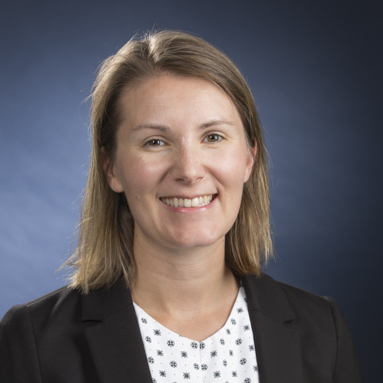

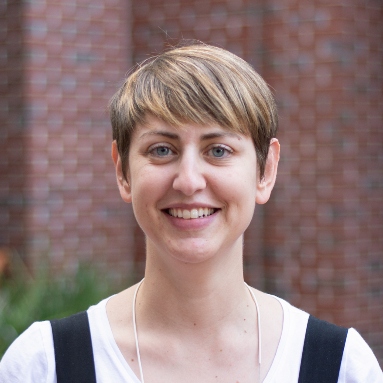
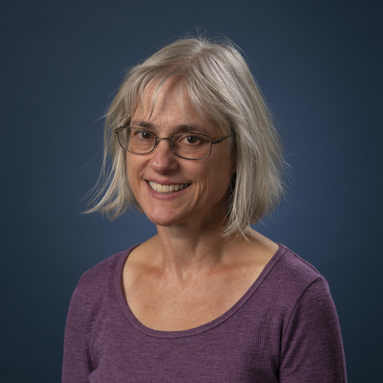
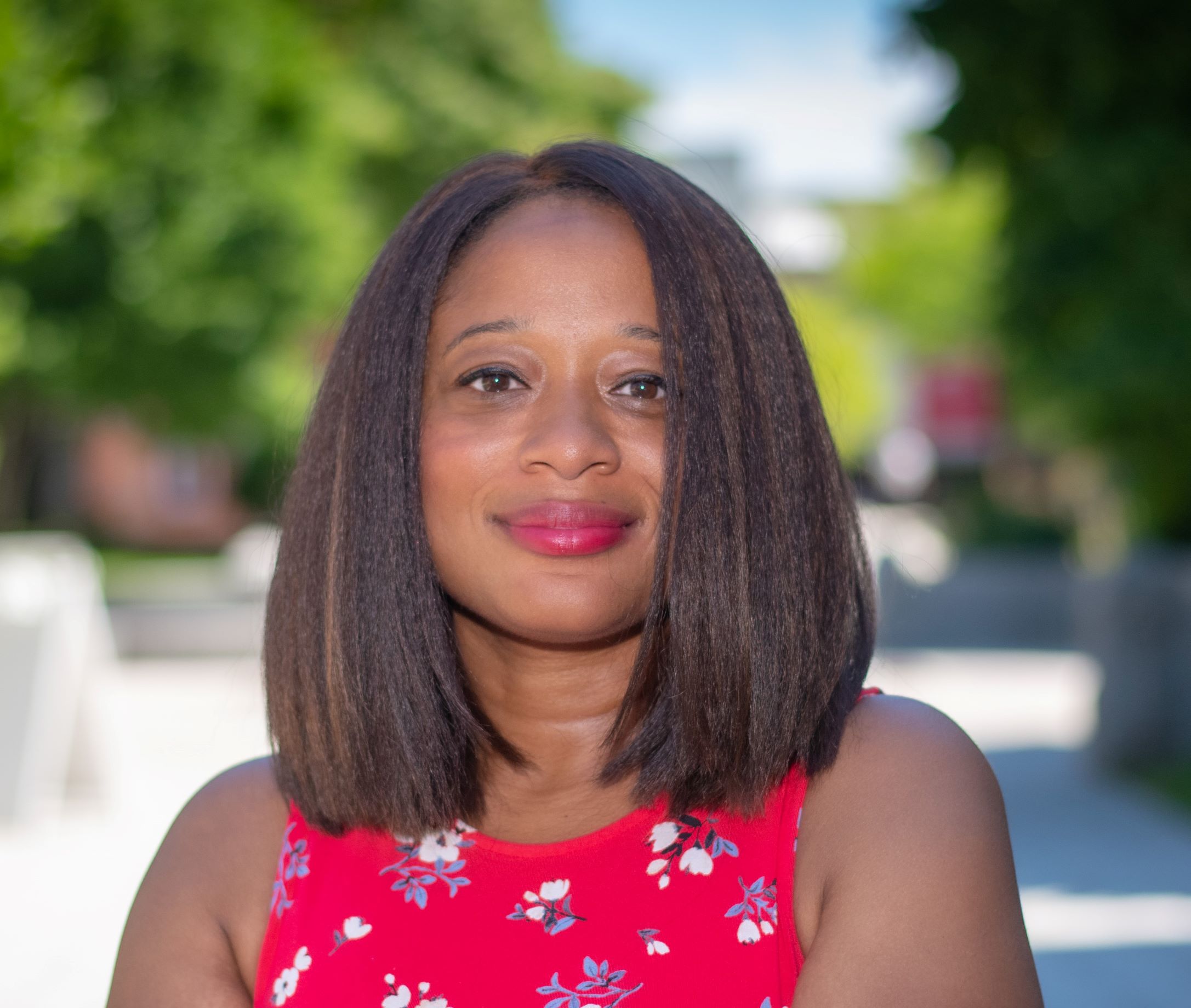
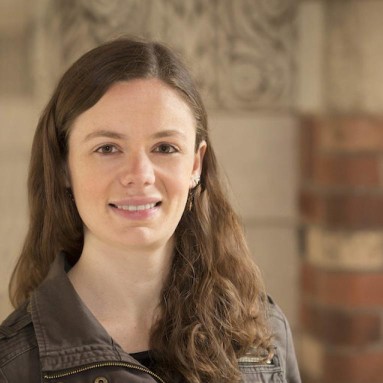
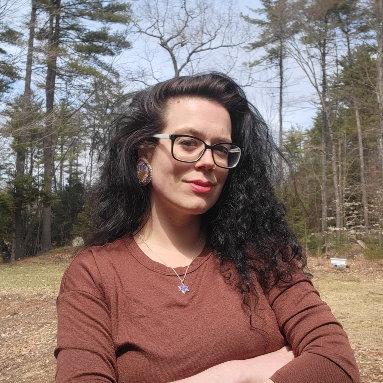
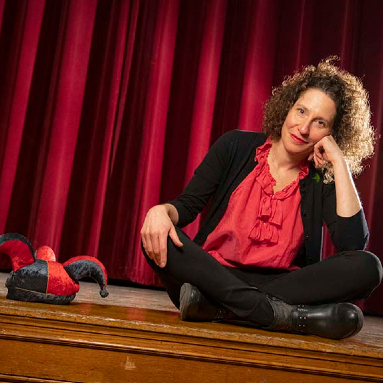
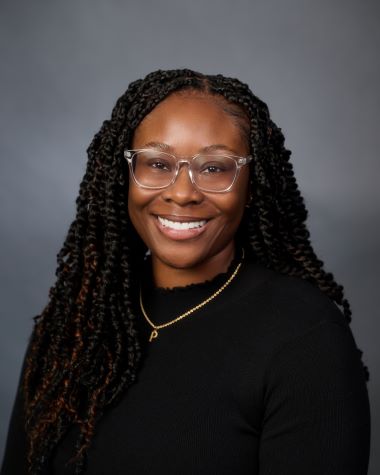
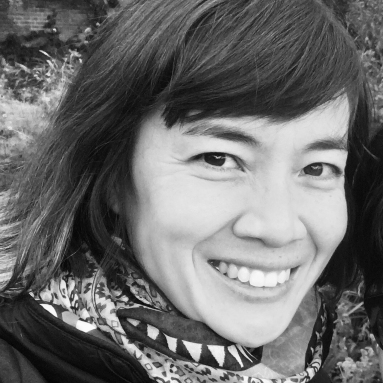
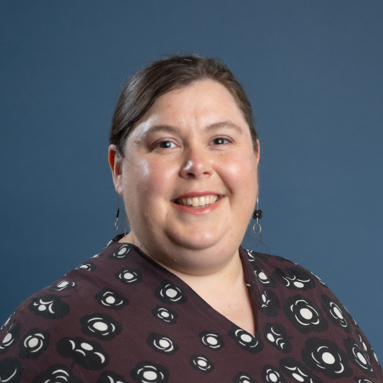
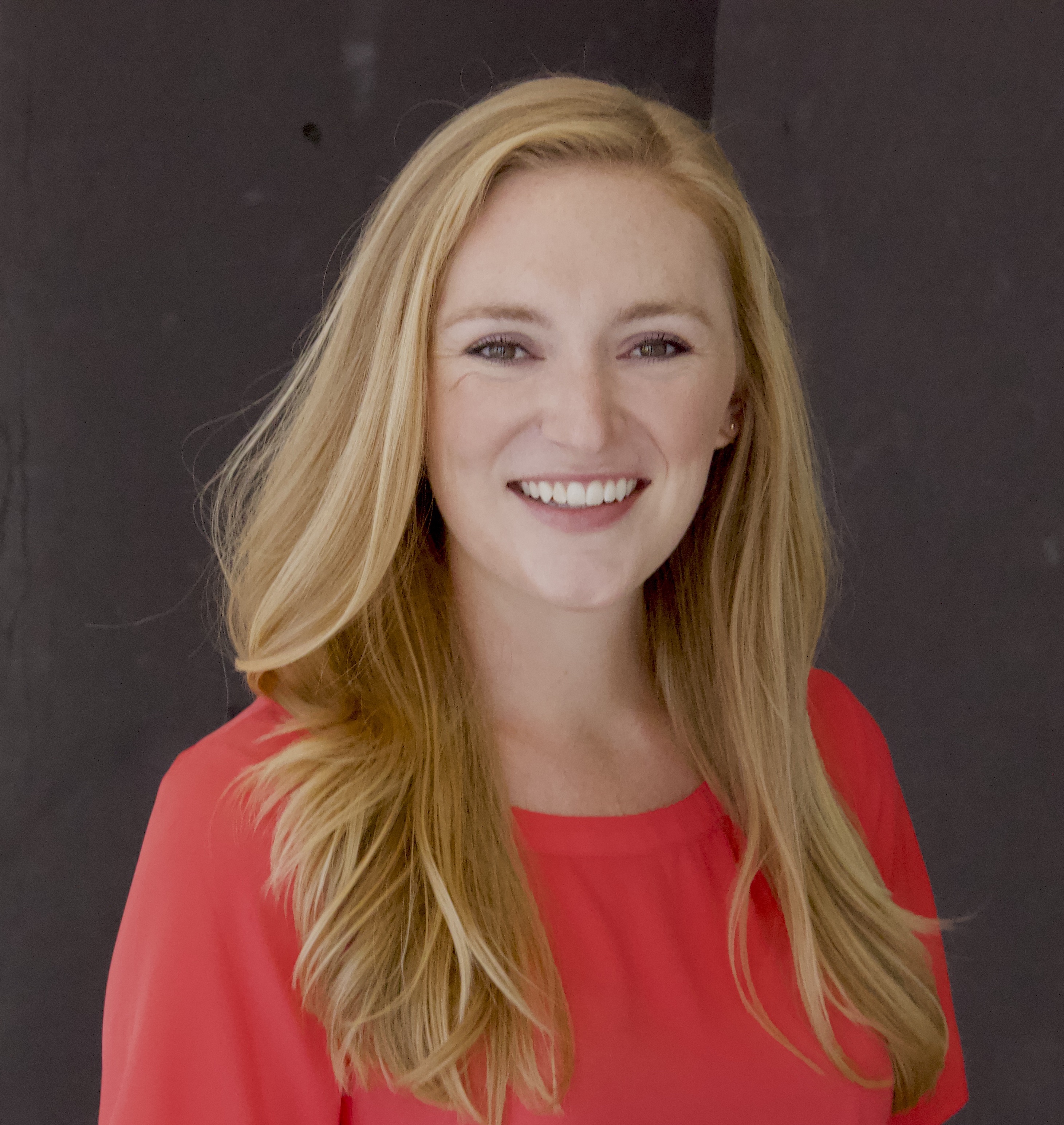
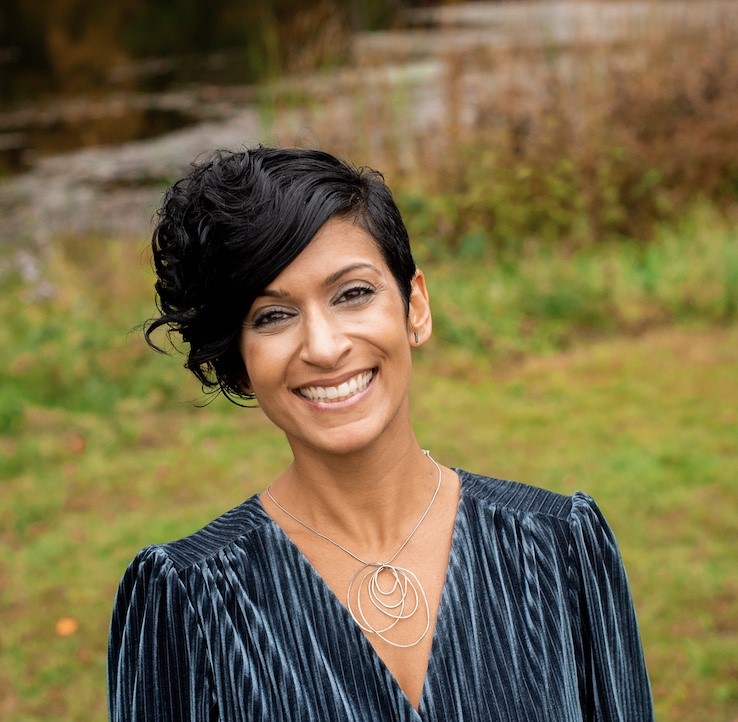
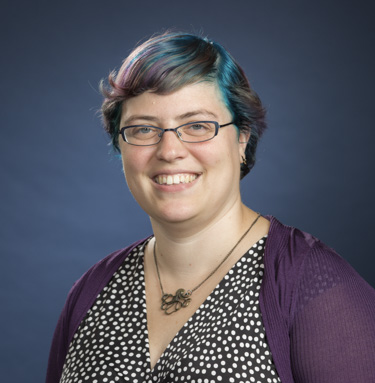
Professor Smith is an award-winning game designer. Her interdisciplinary work merges technical research in AI and HCI with creative practice in textiles and games, with a view towards addressing social issues and broadening participation and perspectives on computing.